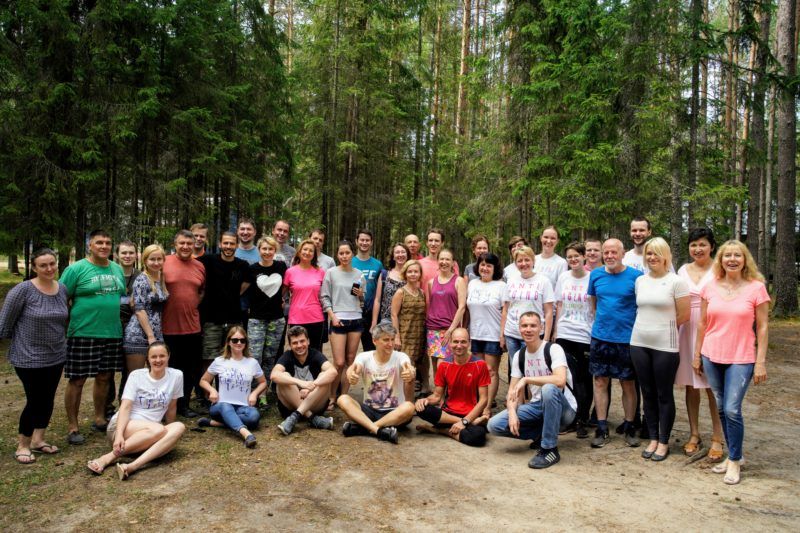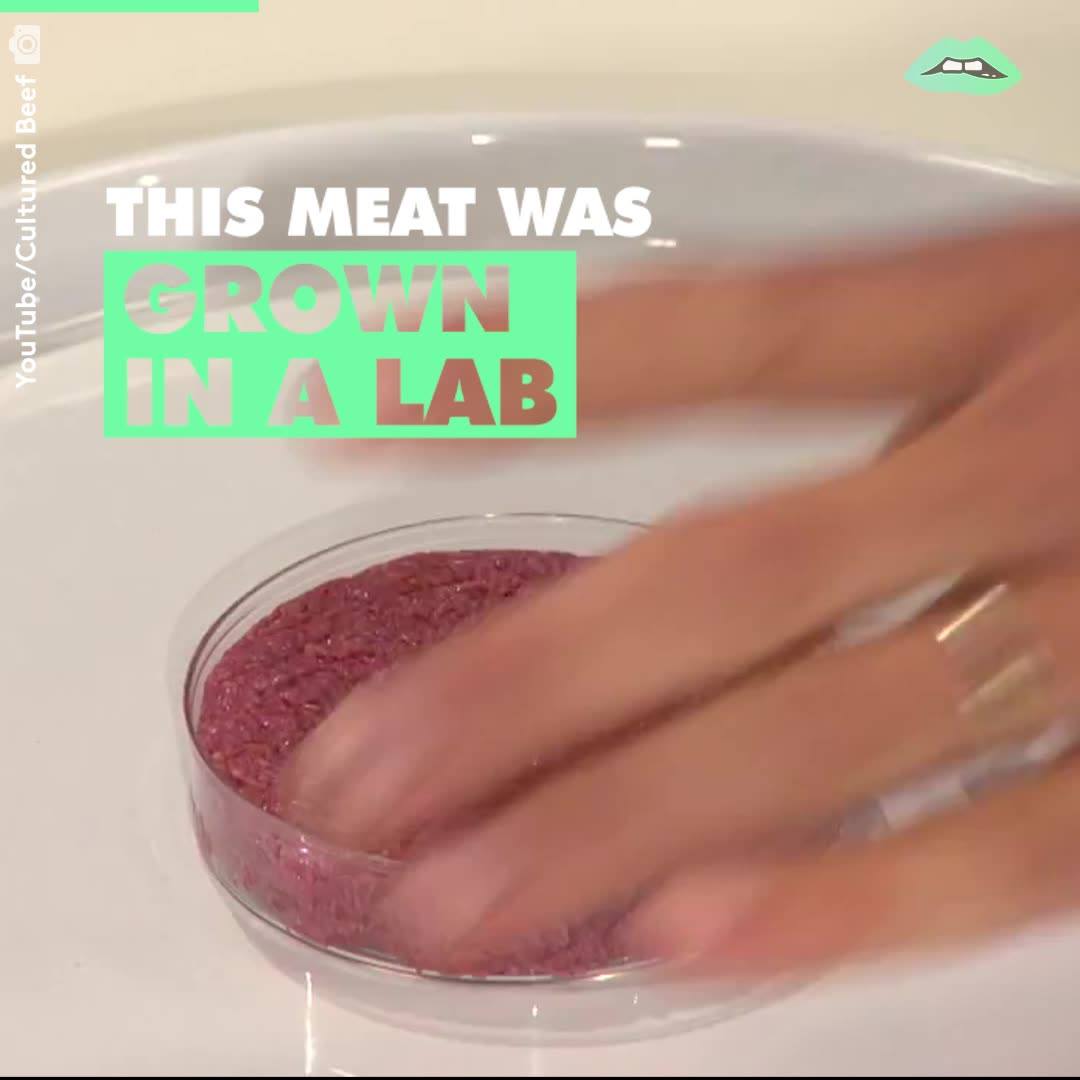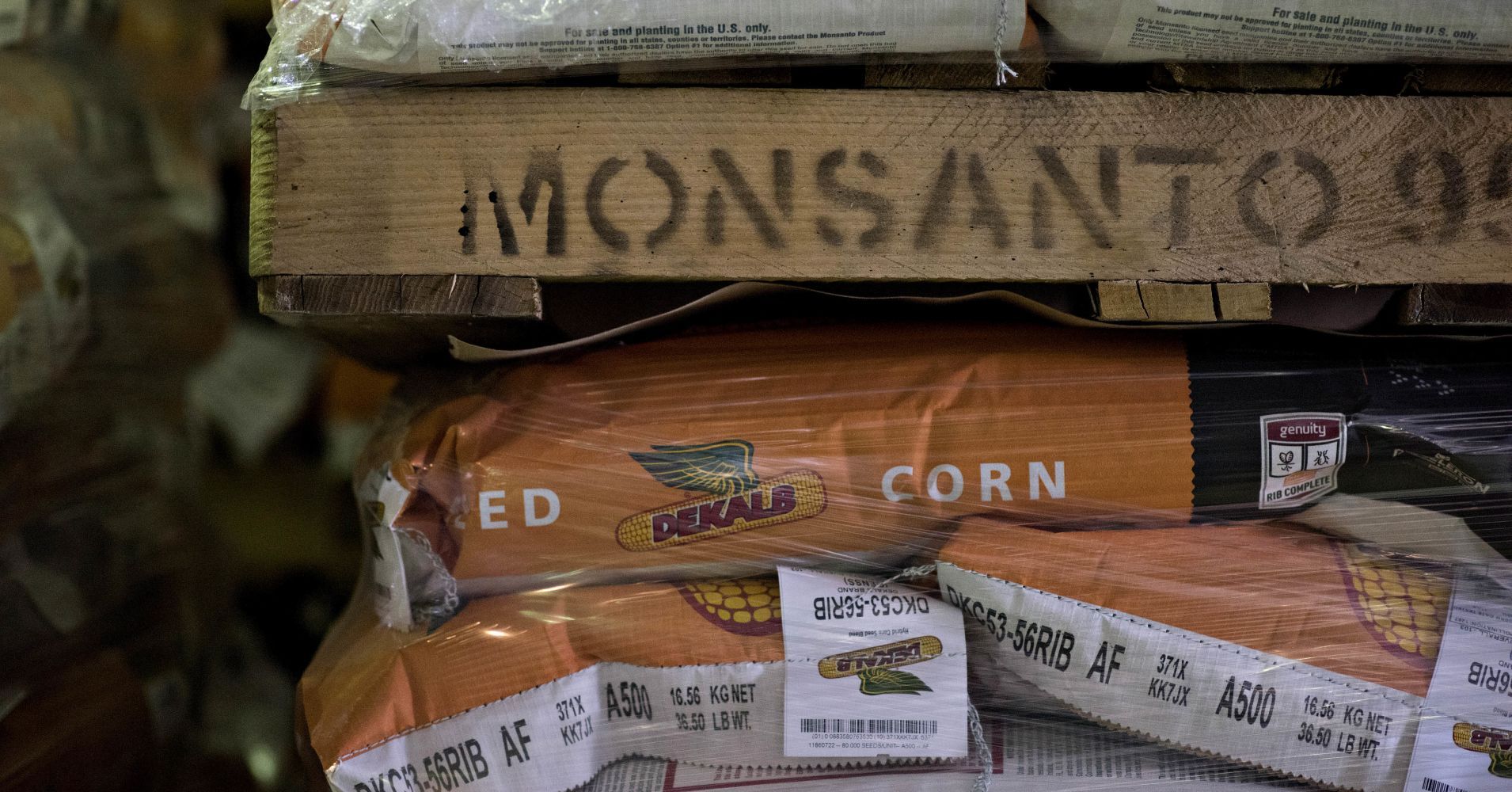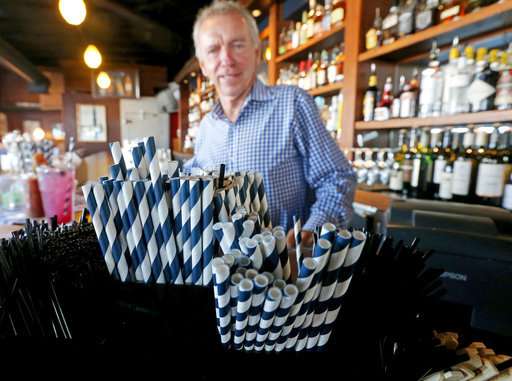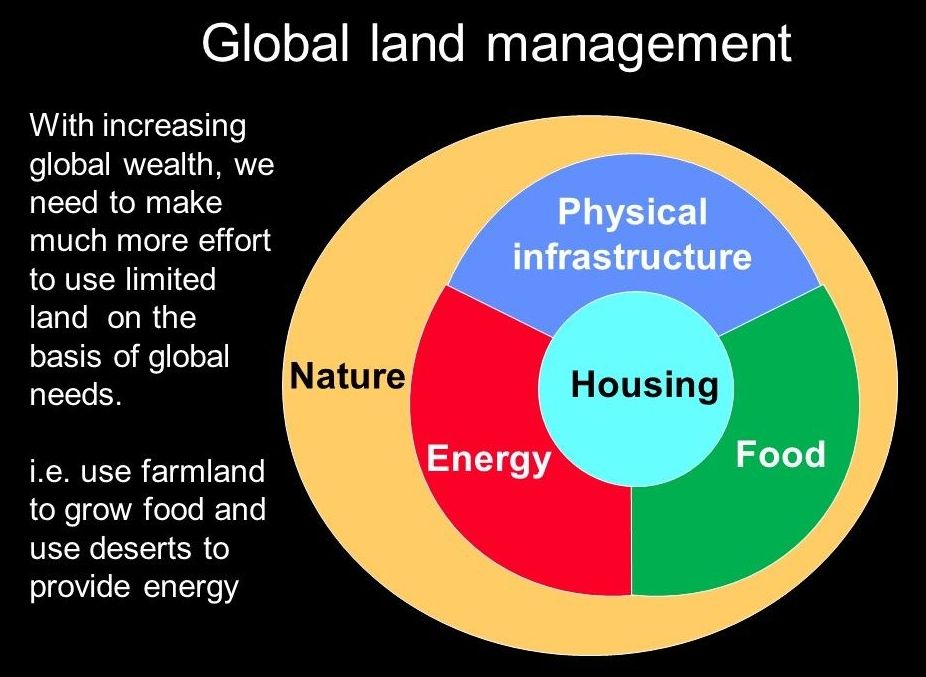The dad came into contact with the bacteria on a crabbing trip.
Category: food
Today we have a report from Open Longevity School: Summer Camp 2018, an initiative in Russia focused on developing a personal health and longevity strategy, Elena Milova went to investigate.
When we ask researchers when, in their opinion, the cures for aging will be ready, we often hear an optimistic answer: 20–25 years. As a well-informed optimist, I add another 10 years to this number, because wherever the therapies appear, it will take time for them to be distributed to other countries and become affordable. I will be happy if it takes less time, but what if it doesn’t? I am nearly 40, and when I add 35 years to my current age, I vividly imagine how my reflection in the mirror will show a 75-year-old lady. Honestly, I don’t want to see my body change, and it can explain why I aspire to get first-hand information about any means to slow down aging as soon as possible. Evidence-based information, of course.
Before I tell you my story of discovering how to control my aging, I must provide a disclaimer. This article does not contain any medical recommendations. The websites of the projects I will tell you about, once again, do not contain medical recommendations and cannot be independently used to make health decisions. The experience I will share, and the activities of the projects I will tell you about, are aimed at teaching you about the existing scientific knowledge about aging and interventions that have the potential to change the way we age. Whatever you decide to implement in your everyday life, please talk to your medical advisor first.
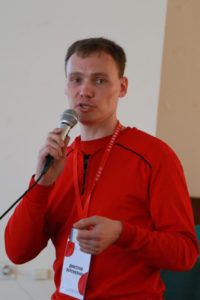 I am always looking for the means to keep myself as young as possible. Luckily for me, in Russia, there is a project focused on collecting this kind of information and making it publicly available. It is Nestarenie.ru (translation: “not aging”), an online encyclopedia created by professional sports trainer, valeologist and citizen scientist Dmitry Veremeenko. The amount of information that Dmitry has managed to process is hard to imagine; it consists of more than 70,000 scientific papers. The development of this database took him several years of work. Each article of his encyclopedia summarizes a specific drug, food or lifestyle element that can slow down or even reverse age-related changes, with a deep explanation of the underlying mechanisms. Each of his information-dense articles has lots of internal links to actual scientific papers (including the freshest meta-analyses) and finishes with a list of additional references.
I am always looking for the means to keep myself as young as possible. Luckily for me, in Russia, there is a project focused on collecting this kind of information and making it publicly available. It is Nestarenie.ru (translation: “not aging”), an online encyclopedia created by professional sports trainer, valeologist and citizen scientist Dmitry Veremeenko. The amount of information that Dmitry has managed to process is hard to imagine; it consists of more than 70,000 scientific papers. The development of this database took him several years of work. Each article of his encyclopedia summarizes a specific drug, food or lifestyle element that can slow down or even reverse age-related changes, with a deep explanation of the underlying mechanisms. Each of his information-dense articles has lots of internal links to actual scientific papers (including the freshest meta-analyses) and finishes with a list of additional references.
Here, the problem is marketing. Around 2bn people eat insects already, but few of them are Westerners. Changing that could be a hard sell. Grind the bugs up and use them as ingredients, though, and your customers might find them more palatable. Hargol FoodTech, an Israeli startup, plans to do just that. Locust burgers, anybody?
MOST people like to eat meat. As they grow richer they eat more of it. For individuals, that is good. Meat is nutritious. In particular, it packs much more protein per kilogram than plants do. But animals have to eat plants to put on weight—so much so that feeding livestock accounts for about a third of harvested grain. Farm animals consume 8% of the world’s water supply, too. And they produce around 15% of unnatural greenhouse-gas emissions. More farm animals, then, could mean more environmental trouble.
Some consumers, particularly in the rich West, get this. And that has created a business opportunity. Though unwilling to go the whole hog, as it were, and adopt a vegetarian approach to diet, they are keen on food that looks and tastes as if it has come from farm animals, but hasn’t.
Get our daily newsletter
Upgrade your inbox and get our Daily Dispatch and Editor’s Picks.
Soaring global need for cooling by 2050 could see world energy consumption for cooling increase five times as the number of cooling appliances quadruples to 14 billion—according to a new report by the University of Birmingham, UK.
This new report sets out to provide, for the first time, an indication of the scale of the energy implications of ‘Cooling for All’.
Effective cooling is essential to preserve food and medicine. It underpins industry and economic growth, is key to sustainable urbanisation as well as providing a ladder out of rural poverty. With significant areas of the world projected to experience temperature rises that place them beyond those which humans can survive, cooling will increasingly make much of the world bearable—or even safe—to live in. With populations increasing, expanding urbanisation and climate change impacts leading to more frequent heatwaves and temperature rises, the demand for more cooling will increase in the decades ahead.
Tactical Robotics’ Cormorant drone design allows it to navigate tight areas where a helicopter’s blades would get caught on the environment. The remote-controlled military drone can transport two injured people from a battle zone. The Israeli-based company believes the drone could one day also be used to inspect bridges, deliver medical supplies and spray crops.
Monsanto’s agricultural biotechnology research and development operations that are going to Bayer are the largest in the world and include making genetically modified seeds for such crops as corn, soybeans and cotton. Corn represented almost 60 percent of Monsanto’s total seed and genomics business last year.
German conglomerate Bayer on Thursday closed its $63 billion merger with St. Louis-based agribusiness giant Monsanto and plans to drop the U.S. company’s name.
Looking for a plastic straw to sip your soda? It’s no longer allowed in Seattle bars and restaurants.
Neither are plastic utensils in the latest push to reduce waste and prevent marine plastic pollution. Businesses that sell food or drinks won’t be allowed to offer the plastic items under a rule that went into effect Sunday.
Seattle is believed to be the first major U.S. city to ban single-use plastic straws and utensils in food service, according to Seattle Public Utilities. The eco-conscious city has been an environmental leader in the U.S., working to aggressively curb the amount of trash that goes into landfills by requiring more options that can be recycled or composted.
Solar farms in Texas or California are fine, but Kent in England?
Solar farms should be placed in desert regions that have low value for growing food, and relatively low value to nature. Musk plans to install a massive solar farm in nice green Kent, where it is occasionally a little bit sunny. Look at the pics here:
http://www.dailymail.co.uk/news/article-5905675/Elon-Musk-build-worlds-biggest-battery-Britain-400m-solar-panel-plans.html is simply green lunacy.

